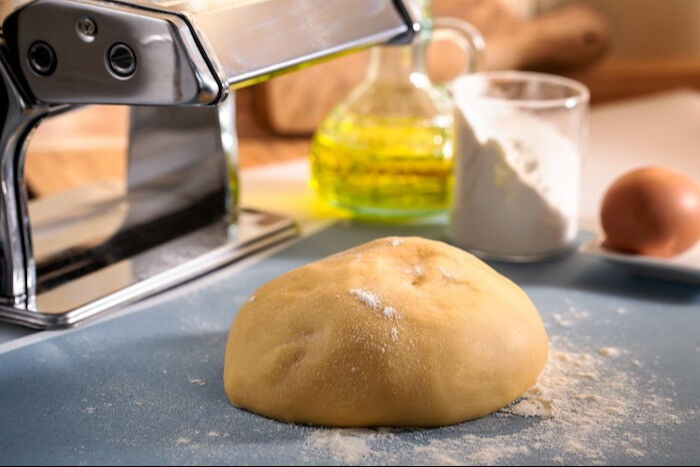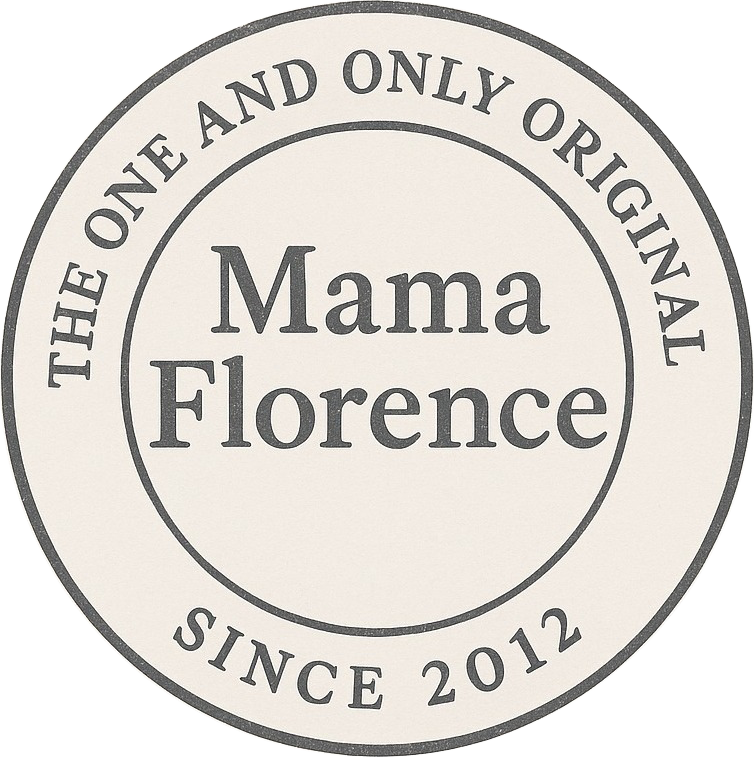The Origin and History of Pasta

Where was pasta invented?
The history of pasta is a fascinating tale that spans centuries and crosses numerous cultures. While pasta is now synonymous with Italian cuisine, its origins are complex and involve contributions from various civilizations.
Ancient Beginnings
1. Early References in Asia and the Middle East:
China: One of the earliest references to a noodle-like food comes from China. Archaeological evidence suggests that noodles made from millet were consumed as far back as 4,000 years ago .
Middle East: The Arabs were also known for their early pasta-like dishes. They are credited with spreading a type of dried pasta during their conquests and trade routes around the Mediterranean .
2. Ancient Greece and Rome:
Greece: The ancient Greeks had a dish called "laganon," which was made from layers of dough and sauce. This term is believed to be the precursor to "lasagna" .
Rome: The Romans also had similar dishes. A reference to "laganum" is found in the writings of Horace, indicating a type of flat dough that was fried and served with a savory sauce .
Pasta in Italy
1. Early Italian Pasta:
Sicily: One of the first documented references to pasta in Italy comes from the 12th century in Sicily, where it was called "itriyya" by the Arab geographer Idrisi. This pasta was made from durum wheat and dried, making it easy to store and transport .
2. Evolution and Spread:
14th and 15th Centuries: By the 14th and 15th centuries, pasta had spread throughout Italy. It became particularly popular in Naples, where durum wheat was abundant and the climate ideal for drying pasta .
Renaissance Influence: The Renaissance period saw pasta being integrated into the culinary traditions of the Italian nobility in Tuscany. With the influence of wealthy families like the Medici, pasta dishes became more elaborate and diverse .
3. Industrialization:
19th Century: The industrial revolution brought significant changes to pasta production. Innovations such as the pasta press and the drying process allowed for mass production and distribution, making pasta a staple in Italian households and eventually around the world .
Cultural Impact
Pasta's journey from ancient civilizations to the global stage highlights its adaptability and enduring appeal. Each culture that encountered pasta adapted it to their tastes and ingredients, leading to the rich diversity of pasta dishes we enjoy today.

